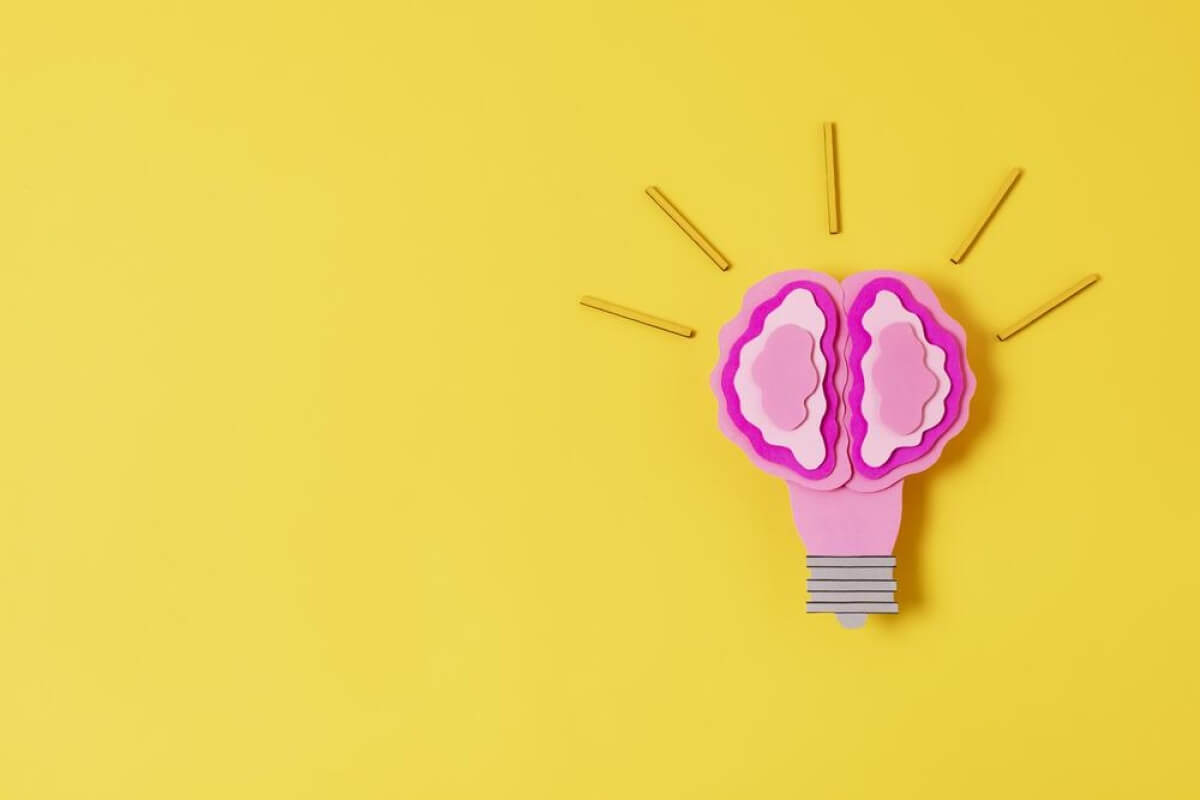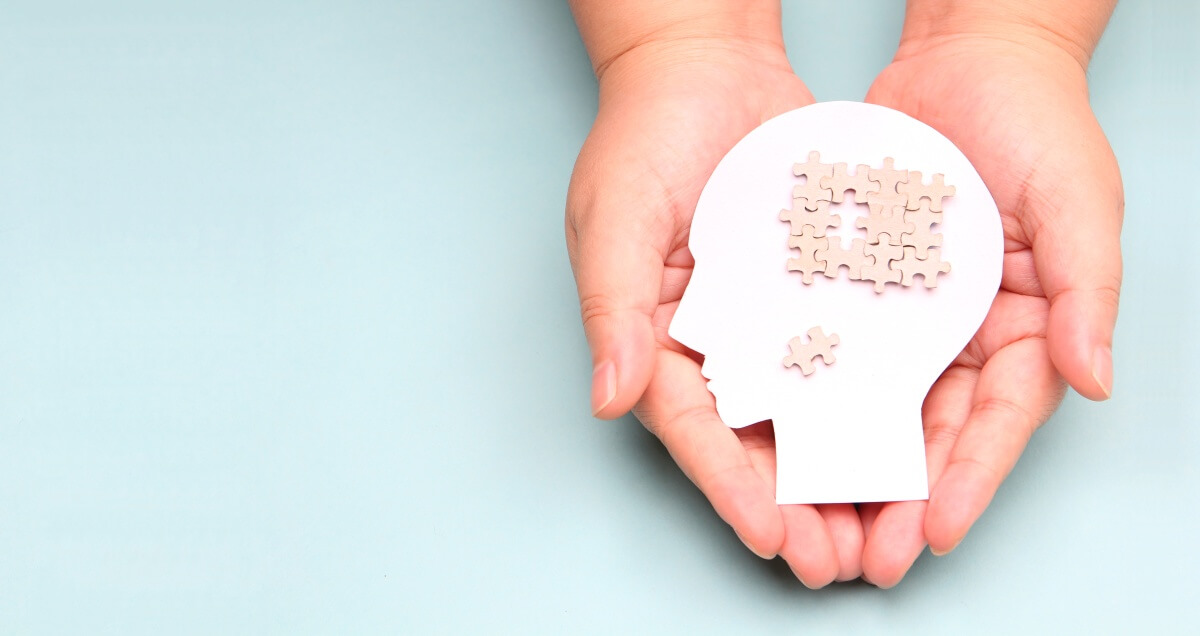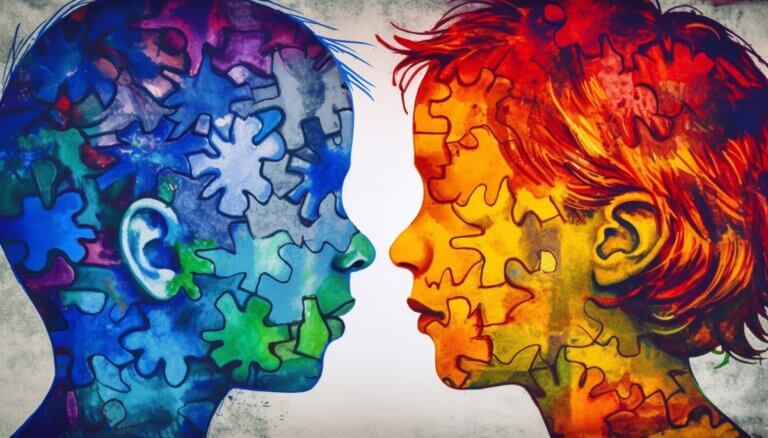Table of Contents
Emotional Intelligence in the Workplace

Recognizing and Understanding Emotions
Emotional intelligence is the key to a balanced and productive work environment. The ability to recognize and understand emotions in oneself and others significantly contributes to an effective and creative cooperation. Those who are emotionally intelligent can sensitively perceive the emotional world of colleagues and respond appropriately. This competence is important not only in dealing with daily challenges but also forms the basis for creativity and innovative processes in the team.
Emotions as Guides in Communication
Anne, a project manager, notices that her team has been very reserved lately. Through careful observation and empathetic questioning, she identifies increasing frustration due to lack of resources and overly tight deadlines. Instead of ignoring her employees’ concerns, she takes time for personal conversations. Such emotional mindfulness gives her valuable insights into the current needs of her team. Anne uses her findings to adjust the project’s framework conditions, thereby boosting team morale and ultimately creativity.
- Emotions as the Engine of Creativity – Understanding emotional dynamics allows us to design a work environment that fosters creativity.
- Promotion of Openness and Trust – Through empathetic leadership, fears are reduced, which in turn supports free and creative thinking.
- Emotional Intelligence and Creativity in Action – An empathetic work climate motivates employees to share creative ideas without hesitation.
The Bridge Between Emotion and Innovation
Innovative ideas do not arise in a vacuum. They are rather the product of a culture infused with emotional intelligence and creativity promotion. Mario, the head of a marketing department, actively fosters emotional openness in his team. Especially in brainstorming sessions, he ensures that every idea can be expressed without premature criticism. Through this practice of valuing each emotion and idea, his team develops exceptional campaigns that are both customer-oriented and creative.
- Creativity in Group Dynamics – Open feedback and emotional understanding strengthen collaboration and creativity development.
- Creative Thinking Through Security – An environment that offers emotional intelligence and creativity promotion leads to less fear of failure and thus enhances the risk of being creative.
- Emotional Creativity as Fuel for Innovation – Taking into account the emotional contributions of each individual leads to unexpected and innovative solutions.
In a truly creative and innovation-promoting environment, emotions are used as a valuable source of information. They fuel creativity and strengthen collective commitment. Leaders trained in emotional intelligence and consciously employing it can thus sustainably promote creativity development.
Emotional Regulation in the Workplace
Emotional intelligence and creativity play a crucial role in success in the modern workplace. The ability to manage one’s emotions, especially in challenging professional contexts, is often the key to unleashing creativity and improving team dynamics. But how exactly does one effectively control their emotions, and how can this create a creative work environment?
Emotional Resilience in Stressful Moments
The first step towards fostering emotional intelligence and creativity is developing emotional resilience. This involves staying composed under pressure, thus preserving rational and creative thinking. A practical example of this is the technique of ‘reframing’ – a method where negative situations are placed in a new, positive context. Imagine a critical project deadline is approaching and the team’s stress level is rising. Instead of giving in to panic, reframing can help view the situation as an opportunity to grow together and find quick, creative solutions.
- Recognition of one’s emotions and their impact on others.
- Development of strategies for stress management and self-regulation.
- Enhancement of relational skills and promotion of a supportive climate.
Emotional Intelligence and Creativity Promotion in the Team
Emotional creativity is not only significant for individuals; it is particularly relevant in the context of teamwork. Through a solid understanding of emotional processes, leaders can create an atmosphere that allows and fosters creativity. Targeted feedback, which expresses appreciation as well as constructive criticism, can, for example, help ignite the creative forces within the team and motivate a creative problem-solving process.
Creativity Development as an Ongoing Process
Emotional intelligence is not a static capability but continues to evolve. Through continuous training, such as with mindfulness exercises or communication training, emotional agility can be enhanced, thus creating a foundation for ongoing creative processes. This results in a work environment that not only maintains performance and efficiency but also continuously promotes innovation and creativity.
Emotional Intelligence and Leadership Skills

Emotional Intelligence and Leadership Skills
When discussing the influence of emotional intelligence on leadership styles, one concept illuminates the interplay between management competence and employee engagement like few others: Emotional Intelligence and Creativity. In a rapidly changing work environment, leaders who possess a high degree of self-awareness as well as empathy gain a decisive advantage. These qualities enable them to create an environment in which creativity can flourish.
Leaders with strong emotional intelligence are capable of reading and regulating the emotional climate of a team. They assess the feelings and perspectives of their employees and use this knowledge to motivate on an individual level. Thus, they not only promote the Emotional Creativity of their teams but also their general well-being.
The spread of Emotional Intelligence Creativity Enhancement in organizations leads to a significantly more positive work atmosphere. Motivation and innovation are not products of chance but the result of a conscious design of interpersonal relationships at the workplace.
Practical Examples and Research Findings
Let’s consider practical examples: A leader who is able to address the emotional needs of their employees can reduce fear and stress within the team. A study by the Global Leadership and Organizational Behavior Effectiveness (GLOBE) Research Project confirms that emotional understanding in leadership leads to higher performance and satisfaction among employees. Leaders who integrate the principles of emotional intelligence into their leadership style also promote the self-efficacy of their employees, which in turn benefits the development of creativity.
Likewise, academic research suggests that teams led by emotionally intelligent leaders exhibit a higher willingness to take risks and are thus more innovative. Here, trust and safety play a central role, which are strengthened through transparent communication and emotional understanding.
Results of Emotional Leadership
Ultimately, emotionally intelligent leadership influences all levels of corporate productivity. When employees feel understood and valued, they identify more strongly with the company and engage more proactively. The resulting increased self-initiative and freer creative thinking are the fuel for innovation and progress. A company that recognizes and utilizes the resource emotional intelligence can therefore look forward to a solid foundation for the future, upon which sustainable competitive advantages and long-term success can be built.
As an expert in Subconscious Mind and Habit Formation, I would need the text to perform the requested translation. Please provide the content that needs to be translated.
The connection between emotional intelligence and creativity is undeniable. Leaders who possess emotional intelligence have the potential to create an environment where creativity development can thrive. Through such understanding, creative processes are fostered by empathetic leadership, which can lead to tangible improvements in job performance.
The Pillars of Empathetic Leadership
An effective approach to stimulating creative processes is the cultivation of Emotional Intelligence in Creativity Promotion. Often, the following aspects are central:
These elements contribute to creating a climate of trust, which is essential for the release of emotional creativity. Take, for example, a leader who regularly holds team meetings encouraging each member to express their thoughts and ideas without fear of rejection. Such an environment not only encourages creativity but also strengthens team cohesion and employee satisfaction.
Empathy as a Tool for Innovation
Empathic leaders understand that emotional blockages can often be an obstacle to creativity. The ability to perceive emotions in others allows these leaders to identify and address such blockages, which in turn unleashes the creative process. A practical example would be an employee who hesitates to share her innovative ideas because she has been criticized in the past. An empathically intelligent leader would recognize this condition and, through encouragement and support, effect a reversal, thereby motivating the employee to contribute her thoughts and thus add to the team’s creativity.
Pioneers of a Strong Problem-Solving Culture
Finally, it is important to mention that emotional intelligence and an open exchange of ideas are the foundation for an effective problem-solving culture. Through empathetic leadership, teams are encouraged to creatively and collectively tackle challenges. For example, a team that has learned to communicate constructively and empathetically possesses a much more diverse range of strategies to respond to challenges.
The willingness of a leader to use emotional intelligence in the aspect of creativity promotion can make the difference between a stagnating and a flourishing company. Authentic, empathetic leadership becomes the pivotal point for successful teams that not only strive for innovation but also realize it.
Summary
Emotional intelligence and creativity are key skills in the modern workplace that promote an atmosphere of trust and openness. They not only help to deal with daily challenges but are also fundamental drivers of innovation and team dynamics. Knowledge about emotional intelligence and creativity facilitation enables leaders to create productive and harmonious work environments.
The Significance of Emotional Intelligence for Creative Thinking
Emotional intelligence is the foundation for an empathetic leadership style that supports creative thinking and fosters creative development in the team. By perceiving and sensitively responding to the emotional needs of employees, fear and uncertainty are reduced. This creates a basis for openness and thus for the release of Emotional Creativity. Practical examples show how leaders, through a deeper understanding of their teams’ emotional worlds, can create a culture that promotes creativity and engagement.
- Recognizing individual emotions enhances motivation and creativity within the team.
- Empathetic leadership facilitates idea sharing and reduces the fear of making mistakes.
- Emotional resilience and self-regulation help manage stress and foster innovative solutions.
Research findings underscore the impact of emotional intelligence on work performance. Studies indicate that teams led by emotionally intelligent leaders have a higher readiness to take risks, thus acting more innovatively. Familiarity and security – strengthened by transparent communication and emotional understanding – are key elements for this.
Practical Implementation of Emotionally Intelligent Leadership
To leverage the value of Emotional Intelligence and Creativity, leaders should continuously educate themselves in this area. Mindfulness exercises and communication training are examples of methods to sharpen emotional competencies. Strong Emotional Intelligence Creativity Enhancement contributes to creating an environment where new ideas can be implemented. This can significantly improve the team’s performance capacity.
Emotional Creativity does not arise by itself. Rather, it requires a fertile ground defined by mindfulness, mutual respect, and a commitment to continual improvement. A leader who takes the emotional and creative needs of their team seriously sets the stage for long-term creative development.
This summary illustrates that the use of emotional intelligence in the workplace is far more than just a nice-to-have: It is a foundation for achieving peak performance and sustained business success by fostering the creativity and innovative capacity of each individual.
FAQ – Emotional Intelligence and Creativity
How does emotional intelligence affect creative thinking processes?
Emotional intelligence plays a key role in creative thinking processes by enhancing the ability to use emotions as a source of inspiration and developing a deep understanding of the emotional states of others, which can lead to more empathetic and innovative ideas. It also supports risk management in the creative process by helping to regulate stress and strengthen resilience against setbacks and criticism, thereby enabling a more consistent creative flow and greater innovative power.
How does high emotional intelligence influence the ability to think creatively?
High emotional intelligence can enhance creativity by deepening the understanding of one’s own and others’ emotional worlds, which in turn can lead to more empathetic and original ideas. Additionally, it enables better self-regulation of emotions, creating a relaxed and anxiety-free atmosphere, a prerequisite for creative thinking. Thus, emotional intelligence forms the foundation for open and innovative thought processes by helping to overcome fixed patterns of thinking and developing new perspectives.
How does emotional intelligence influence creativity in problem-solving processes?
Emotional intelligence can significantly enhance creativity in problem-solving processes by enabling us to better understand and regulate our own emotions and those of others. This allows for a clearer mind for innovative approaches, as emotional blockages are reduced and empathy provides a deeper perspective on the problem at hand, which in turn can lead to more creative and effective solutions. A pronounced emotional awareness can thus improve teamwork and create an open atmosphere that allows new ideas to flow.




